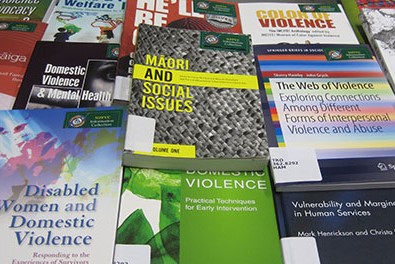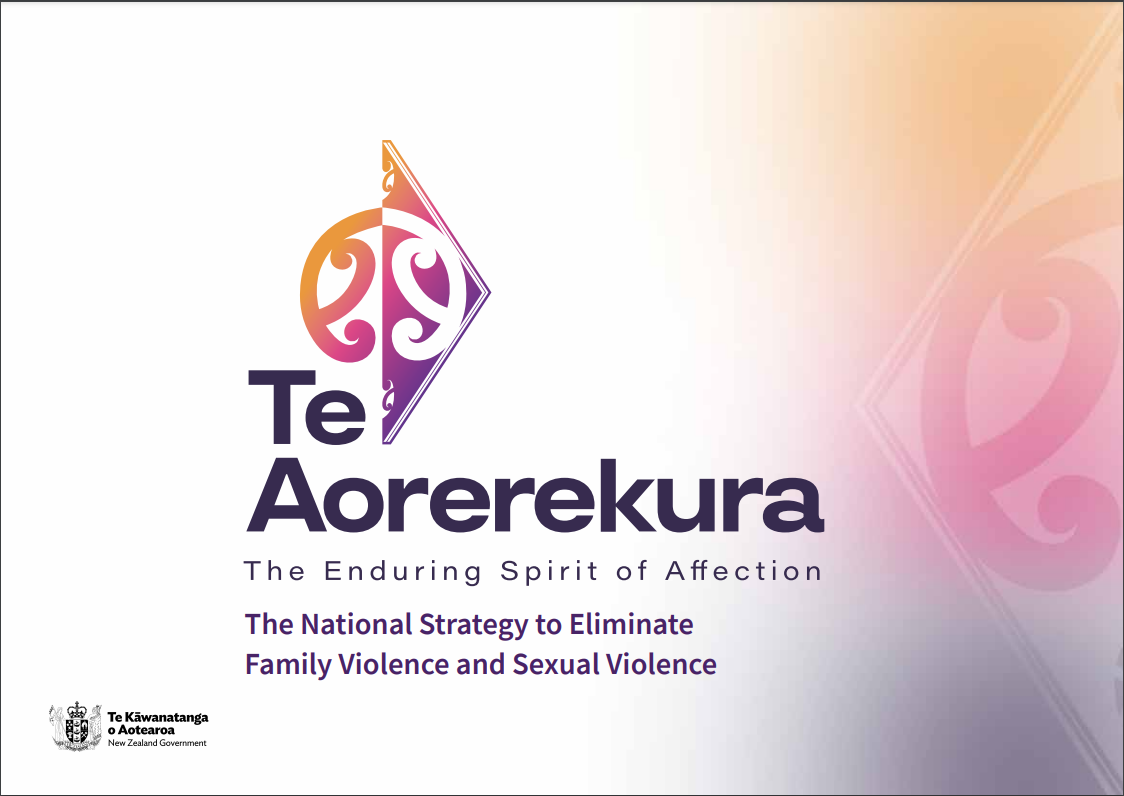This list of reports, articles and resources is a selection by the New Zealand Family Violence Clearinghouse (NZFVC). Its purpose is to provide quick access to key research, reports, conceptual frameworks, tools and other resources that have been influential and useful in developing understandings of family violence, whānau violence, violence against women and gendered violence over time. We use "family violence" as an umbrella term including intimate partner violence, child abuse and neglect, elder abuse and more. Follow these links to each section of the reading list.
Find out more about this reading list below.

Definitions
A range of terms are used to describe violence within families and relationships in Aotearoa New Zealand

Statistics
Discover a range of sources for statistics on how widespread violence is in New Zealand and internationally

Conceptual models
Various theories and conceptual models have been developed to explain why people perpetrate and experience violence

'What works' reports
Research on: different types of violence, the impacts of violence and evidence-informed strategies to prevent and respond to violence ('what works')

Primary prevention
Stop violence before it occurs, for example by promoting respectful, non-violent relationships and changing the social and cultural norms

Community mobilisation
Community mobilisation is an approach to preventing violence which enables and builds local community ownership

Integrated family violence system
Building an integrated system to respond to IPV and child abuse and neglect, not fragmented and isolated services and initiatives

Intervention
Intervention an response once violence has occurred: -
- IPV and child abuse and neglect
- By population group
- By sector

Impacts of violence
This section highlights additional key sources of information, in particular on health impacts

Further reading
More reading available in the NZFVC library. Use these guides to start searching:
- Quick Topic Search
- Te Reo Māori Quick Topic Search
About this reading list
This list of reports, articles and resources is a selection by the New Zealand Family Violence Clearinghouse (NZFVC). Its purpose is to provide quick access to key research, reports, conceptual frameworks, tools and other resources that have been influential and useful in developing understandings of family violence, whānau violence, violence against women and gendered violence over time. We use "family violence" as an umbrella term including intimate partner violence, child abuse and neglect, elder abuse and more.
Items range from websites, tools and YouTube clips to reports and journal articles. Some of them are classic or seminal pieces and some are newer; they are ones we tend to come back to again and again. They are ones we frequently send out when people ask us for information on these topics. It is not intended to be a comprehensive list of the large amount of invaluable research that has been done and resources that have been created, but, we hope, a useful reference.
Where an item is in the NZFVC library, the link goes to the library record – click on the link to bring up a brief description.
Some ways you could use this list include:
- Provide the list to staff who are new to family and whānau violence
- Support staff to build knowledge on identified areas of need
- Incorporate readings into teaching, training and professional development
- Choose items to read and discuss as part of team meetings
- Suggest readings as part of professional supervision
- Share the list with organisations and networks you collaborate and partner with, to assist in developing shared understandings of family and whānau violence.
We thank our Academic and Sector Advisory Groups and other NZFVC users for their input into the list. The list may be updated in the future. Suggestions for inclusion can be emailed to info@nzfvc.org.nz








